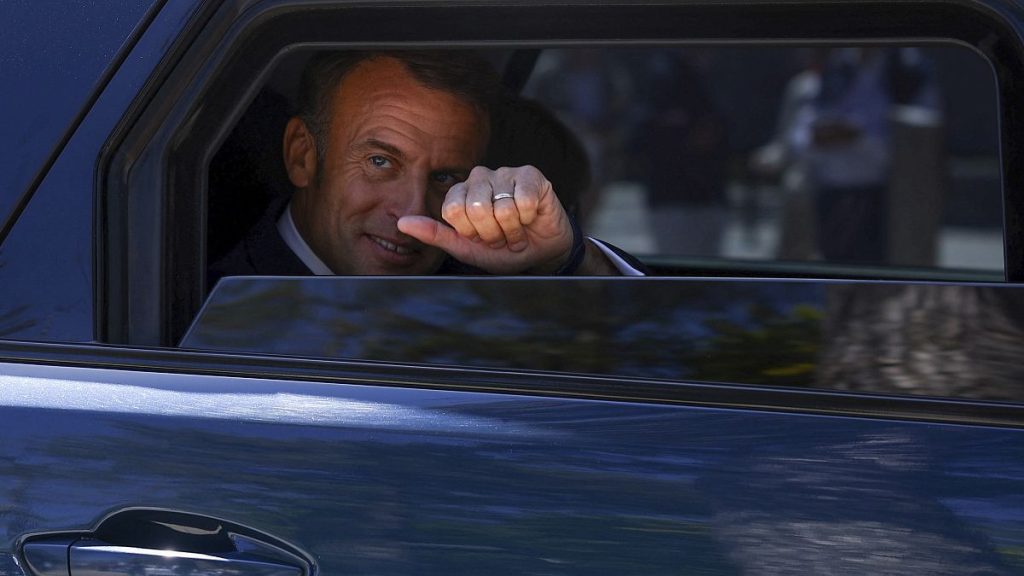The aftermath of the European elections and the intense diplomatic activities surrounding Ukraine dominate the latest State of the Union segment. Winners and losers in the elections are now preparing for the next five years of legislative battles. President Volodymyr Zelenskyy of Ukraine appealed for short-term help in repairing the country’s infrastructure and long-term investment, while also stressing the need for more support in repelling missile attacks from Russia. Amid increased far-right support in some countries, the center parties retain a strong majority in the European Parliament, ensuring continued support for Ukraine.
Despite the successes of centrist parties in the European elections, the far-right made significant gains as well, particularly in France. Marine Le Pen’s National Rally party saw dramatic increases in support, prompting French President Macron to call for snap elections in a few weeks. This move has created uncertainty in French politics, with Macron urging moderate forces to unite against extremes on both the right and left. The upcoming French parliamentary elections present a challenge due to the two-round system and shifting party coalitions, making predictions difficult.
As discussions surrounding the formation of the next EU leadership team progress, it is expected that Ursula von der Leyen will be reappointed as president of the European Commission. The center-right and center-left parties that support her maintain a majority, reducing the need for outreach to the far right. However, the Green Party, which suffered losses in the elections, may seek more influence in policy decisions, particularly regarding environmental issues. Von der Leyen’s approach to coalition-building will be crucial in maintaining stability within the EU.
In conversations with Jacob Kirkegaard, a senior fellow at the German Marshall Fund and the Peterson Institute for International Economics, the focus shifts to the potential impact of recent events on EU politics. Kirkegaard predicts that von der Leyen’s reappointment will likely proceed smoothly, with continued support from the Liberals, center-right, and center-left parties. He suggests that von der Leyen may look to the Green Party for additional support given their reduced numbers post-election. Macron’s call for snap elections in France has created uncertainty, with various party coalitions forming and dissolving in the lead-up to the parliamentary elections.
Overall, the European elections have solidified the majority of centrist parties in the European Parliament, providing a stable foundation for future policies and support for Ukraine. The rise of the far-right in certain countries, including France, has prompted political uncertainty and calls for unity against extreme ideologies. As the EU prepares for its new leadership team, speculation abounds regarding potential strategies and coalition-building efforts. The aftermath of these events underscores the evolving political landscape in Europe and the challenges faced by leaders as they navigate complex domestic and international issues.












